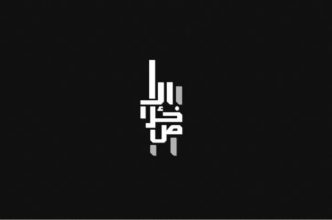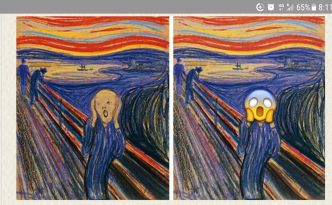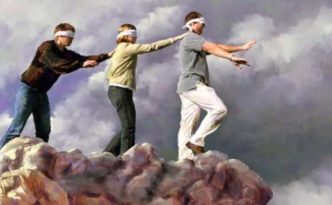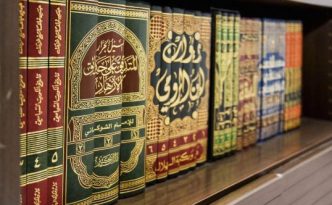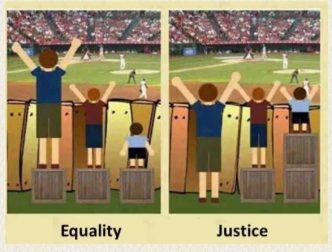
The Goal of the Shari‘ah is Justice, Not Equality
By Abu Aaliyah
“IN SPEAKING OF JUSTICE, many well-intended Muslims are unconsciously secularised. For their discourse about justice (Ar. ‘adl, qist) is so often scarred by failing to grasp its Quranic essence: ‘To put a thing in its rightful place.’1 Which is to say, justice is to give things their proper due – at the due time, the due place, and in due measure.
This requires possessing knowledge about the value and measure of things, as Islam assigns to them, so as to give them their due. ‘Hence,’ Ibn al-Qayyim wrote, ‘knowledge and justice are the root of every good, while injustice and ignorance are the root of every evil.’2”

